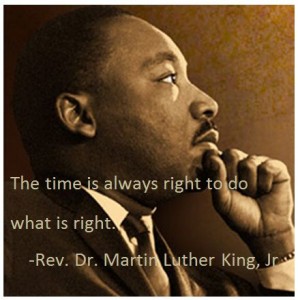I recently had the opportunity to spend time with about 15 health system CIOs as they discussed some of their current challenges at a This Week Health 229 Summit. No surprise that there were some common themes like governance, managing a remote workforce, internal IT operations, innovation, and AI. The value of collaborative discussions where health IT leaders can learn from one another in a safe, non-competitive space is immeasurable. And it goes without saying that an in-person gathering with informal 1:1 and small group conversations brings its own benefits.
themes like governance, managing a remote workforce, internal IT operations, innovation, and AI. The value of collaborative discussions where health IT leaders can learn from one another in a safe, non-competitive space is immeasurable. And it goes without saying that an in-person gathering with informal 1:1 and small group conversations brings its own benefits.
The role of the CIO in healthcare continues to evolve and CIOs must evolve with their organizations. Bill Russell, former health system CIO and founder of This Week Health, wrote a very insightful piece recently on the changing CIO role – The Healthcare CIO Continuum: From Caretaker to Innovator. The article is part of his new LinkedIn newsletter – The Healthcare CIO Playbook, Strategies, Stories, and Secrets from 1,000 Healthcare Conversations.
In the article, he describes four phases in the evolution of the healthcare CIO role starting in the 1980s. He then goes on to describe four current CIO personas along a continuum from caretaker to innovator:
- The Technical Foundation Builder
- The Operational Optimizer
- The Clinical Enabler
- The Strategic Innovator
He talks about the key factors driving CIOs toward the innovator end of the continuum and then outlines the competencies needed. He closes by challenging CIOs to assess where they are on the continuum and develop the competencies needed to meet the challenges and opportunities of 2025 and beyond.
Over the past several years, Bill has been an invaluable resource to health IT leaders in our industry with his multiple podcast shows on This Week Health and the 229 Project with in-person small group summits, and more recently city tour dinners. In this work, Bill is supported by two other well respected health IT leaders – Drex DeFord and Sarah Richardson. Bill’s latest LinkedIn newsletter and weekly articles are one more way to learn from him. I highly recommend subscribing to his newsletter and all the This Week Health offerings – and of course you should read the full healthcare CIO continuum article!
We are stronger together and can always learn from one another. Given the financial constraints provider organizations are facing, I hope you can find creative ways to stay current, develop new skills and competencies, learning and teaching as you grow.






